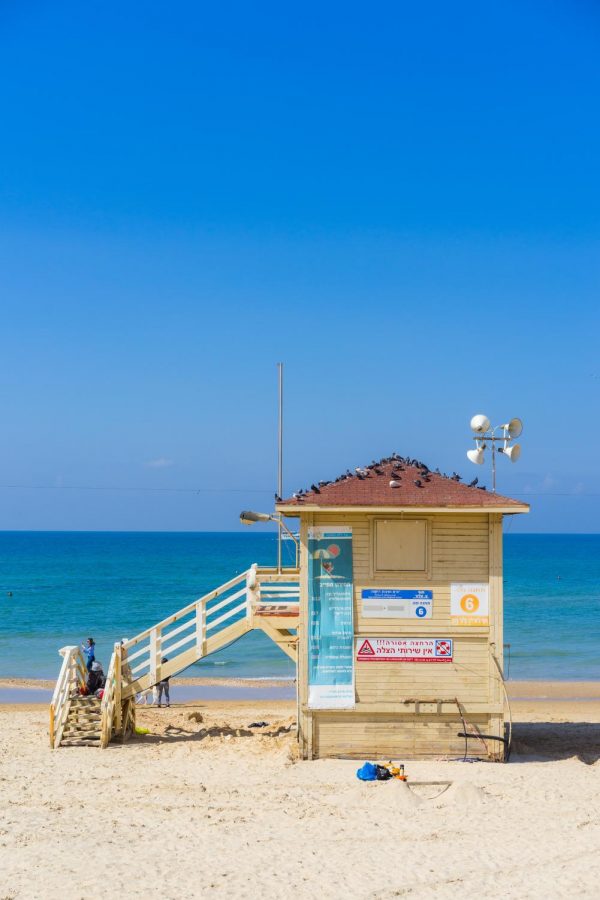Save yourself from drowning
National Water Safety Month – May
Whether it is boating, swimming or fishing, the month of May encourages people to recognize National Water Safety Month. It recognizes that the very thing that hydrates us and keeps us cool during the summer could also potentially be a cause of death.
There are lots of safety precautions people need to take when around water, precautions that won’t limit fun as much as keep the fun going long after the day is done.
“According to statistics, 25% of drowning deaths nationwide happen in water that’s only 3 feet or less,” says NBC. The City of San Rafael’s website states that in the U.S., drowning takes an average of 3,500-4,000 lives per year. That’s an average of ten lives taken per day. Before you start hanging out with your friends in the deep end or in a lake or the ocean, it’s crucial that you learn to swim.
It is also important to note that you should, in fact, listen to your mom after you eat a hamburger when she says to let your stomach settle before you go back in the water. You could potentially get a cramp while swimming, which could impact your ability to avoid danger.
If you are in fact drowning, try and get your head above the water and breathe normally. If there are people around, attract attention to yourself. Scream, shout, and splash the water until you get help.
Some things to consider during National Water Safety Month are less likely to happen than others, but they do. For instance, according to Get Prepared, if you are on the beach and you feel an earthquake that lasts for more than twenty seconds, there is a chance a tsunami is forming. Get as far away from the beach as possible and warn others.
Another way to tell if a tsunami is coming is if there is a rapid and unexpected recession of water levels below the expected low tide. Tsunamis can travel thousands of kilometers with speeds up to 800 kilometers per hour, according to https://www.who.int. Between 1998 and 2017, tsunamis caused more than 250,000 deaths globally, including more than 227,000 deaths due to the Indian Ocean tsunami in 2004.
Whether you are simply splashing away in the family pool or swimming in a triathlon, you want to be very careful not to ignore the recommendations that are so highly encouraged during National Water Safety Month.










